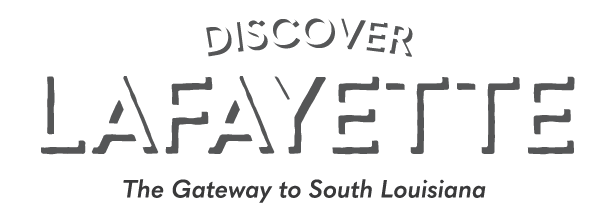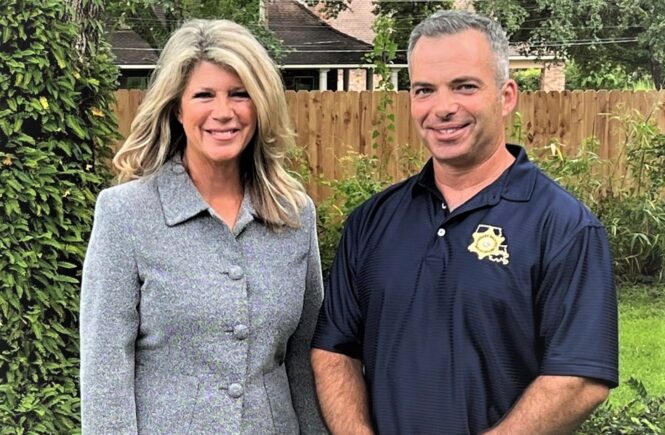Podcast: Play in new window | Download (Duration: 1:16:19 — 104.8MB)
Lafayette Parish Sheriff Mark Garber joins Discover Lafayette to discuss his career and the scope of responsibilities of his office. He is the 27th Sheriff to serve Lafayette and has served in that capacity since January 2016.
A native of Iota, Sheriff Garber graduated from LSU-BR and SMU Law School in Dallas. While in undergrad school, he worked with the Acadia Parish Sheriff’s Office as a dispatcher before moving up to corrections. He then worked as a game warden with the Louisiana Department of Wildlife and Fisheries.
Sheriff Garber joined the City of Arlington, TX Police Department where he spent ten years, being chosen for the prestigious motorcycle unit. He also gained enforcement experience in patrol, traffic enforcement, field training, police sniper, and SWAT (Special Operations).
It was while Sheriff Garber worked in Arlington that he realized he wanted a Ph.D. level education and pursued law studies. He jokingly recalled if he knew how hard it would be to juggle so many responsibilities he may not have chosen law school; but he did well and looked at each law course as a financial investment as he had to put himself through school, not qualifying for assistance due to his income as a police officer.
Sheriff Garber next served in the U. S. Air Force Office of Special Investigations as a Civilian Special Agent, Criminal Investigator in Iraq, earning a Bronze Star Medal for his actions. His time in Iraq included deployment as a Battlefield Interrogator which put him in the war zone alongside frontline shooters. He recounted that he spent several tough weeks at Fort Huachuca in Arizona learning prescribed interrogation techniques and was able to meld them with his own experiences and talents from serving in law enforcement.
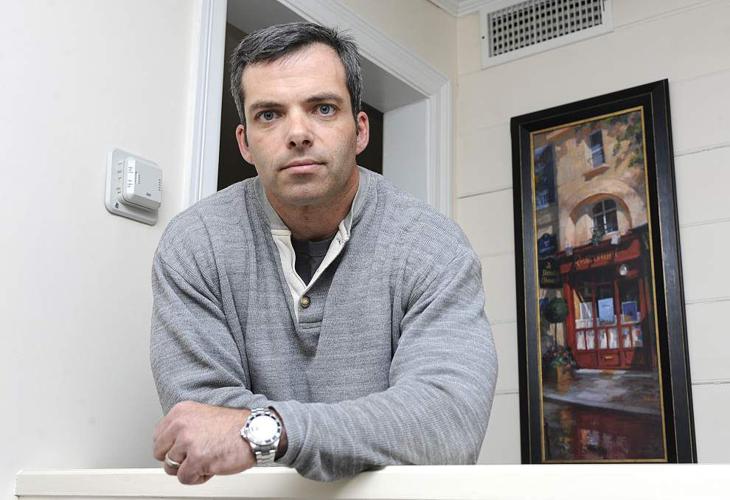
On his service in Iraq, Sheriff Mark Garber said, “Your perspective changes when you work with people who are getting killed. You want to survive and you want to protect each other. That’s what the goal is. But I never saw circumstances where torture would produce reliable information to give to a ground commander that could be trusted. I preferred other methods. My role was to give advice and to get senior leadership of al-Qaeda taken out.”
Upon returning to the U. S. Sheriff Garber continued service with the U. S. Secret Service, then returned to Lafayette where he served as an Assistant DA prosecuting felonies for the 15th JDC before being elected in 2015 to serve as Sheriff. This year, in 2022, Sheriff Garber became an FBI National Academy Graduate.
Lafayette’s Sheriff is the Chief Law Enforcement Officer of the Parish under the Louisiana Constitution. The Sheriff shares jurisdictions with the other cities’ police departments (Broussard, Carencro, Duson, Lafayette, Scott, Youngsville.) Its Narcotics Division works extensively with the Lafayette City Police Department. When needed, the other police departments call upon the Sheriff for assistance and resources.

“What are our core functions to serve the community? We incarcerate people. We investigate crimes. We answer calls for service. These are the three pillars of our service that directly influence and affect safety. Safety is our basic need and you can’t engage in commerce or education until you are secure. That’s our #1 concern.”
When Sheriff Garber took office in 2016, there were 900 prisoners being housed in the downtown Jail, a facility designed to hold about 300. “People were sleeping in unsecured common areas. The overcrowding led to health issues and staff morale was low. Garber implemented strict protocols to turn around the situation and improve safety for all. Today the jail holds approximately 600 prisoners and the Sheriff’s Annex can hold about 150 individuals.
We spoke of the backlog of untried criminal cases as a result of the COVID shutdown. Garber pointed out that Pre-Covid, these cases were already way behind, and then the district court was shut down for 18 months. But Sheriff Garber couldn’t shut down the jail and his staff kept working to keep the jail running efficiently. The low rate of COVID cases in the jail caught the attention of the CDC which called upon his office to see what they were doing to keep a lid on the outbreak. His office utilized PODS where new prisoners would isolate before they could be released into the general prison population. The Lafayette jail never experienced a serious outbreak of COVID cases.
There has been recent talk of a new jail facility being built in Lafayette Parish, perhaps with a public-private partnership. Sheriff Garber emphasized it is the responsibility of Lafayette Parish to determine if, when, and where this happens, as well as the appropriate size of the facility if the community wants more prisoners to be incarcerated. “The decision is to be made by the Executive Branch as to what they want. If larger jails were the solution, Louisiana would be the safest piece of real estate on search. Large jails don’t seem to affect crime rates.”
With a perpetual shortage of Parish funds to support not only his jail operations but also the Parish Court House, Judicial Operations, and the District Attorney’s Office (among others), the allocation of available and finite funds is always a topic of discussion. The Sheriff did state that there is adequate funding to build a new facility with the existing tax millage; however, there is not enough funding to increase staffing in the event a larger facility is determined to be necessary. “Prisoners have to be taken care of 24/7, 365 days per year, and with an increased jail population comes an increase in costs pertaining to food, clothing, medical needs, all of the prisoners’ needs.”
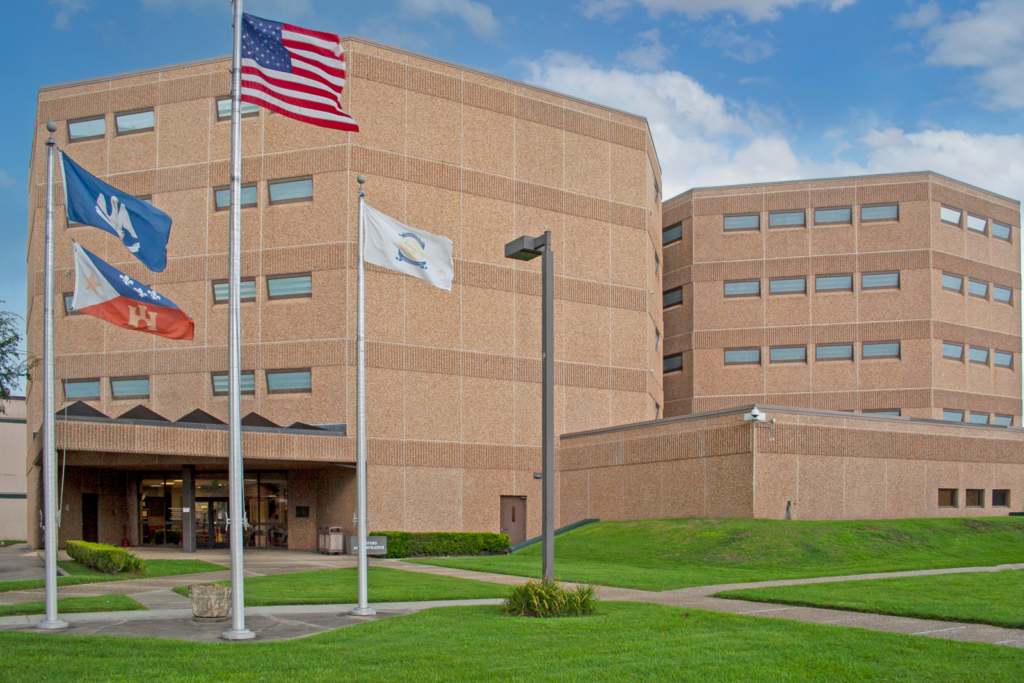
In 2018, Sheriff Garber proposed an increase in sales tax to cover operations but the initiative was rejected by voters. Ancillary programs not directly related to core functions of the office were cut as Garber determined that “we would direct our funding to the frontlines and put all eggs in the correction and enforcement basket. We focused on doing our statutory duties and reduced staffing levels to about 800, with a current shortage of about 65 employees at this point in time.”
The Sheriff’s budget is approximately $70 million per year and Garber said, “75% of it is gone on January 1 of each year as his office meets its obligation to cover each Sheriff Deputy retiree’s health insurance costs, as just one example. The office is funded by a 1/2 cent sales tax collected in the unincorporated areas of the Parish, as well as an ad valorem tax paid by property owners parish-wide. Expenses of approximately $2 million per month are incurred covering employee pay and operations. But Garber says he “won’t pursue more funding until Lafayette Parish voters are ready to support that initiative.”
Jail space is always at a shortage and Garber believes they’ve done as well as they can do given the backlog of criminal cases. “I’ve done everything I can to maximize our productivity. I just need people to get adjudicated more quickly to relieve the pressure. As soon as we get more space, we can house additional prisoners.”
In 2018, the Sheriff’s Department partnered with the Lafayette Parish Public School System to manage the School Resource Officer (SRO) program to provide on-premises police services to all public schools to ensure a safe learning environment for students and staff. SROs are in 52 schools (46 public and 6 private) in Lafayette Parish. Garber credits former School Board member Erick Knezek and former Superintendent Don Aguillard for initiating this program. With the recent uptick in violence in schools, especially on the week of this podcast’s release, the SRO program has proven its worth.
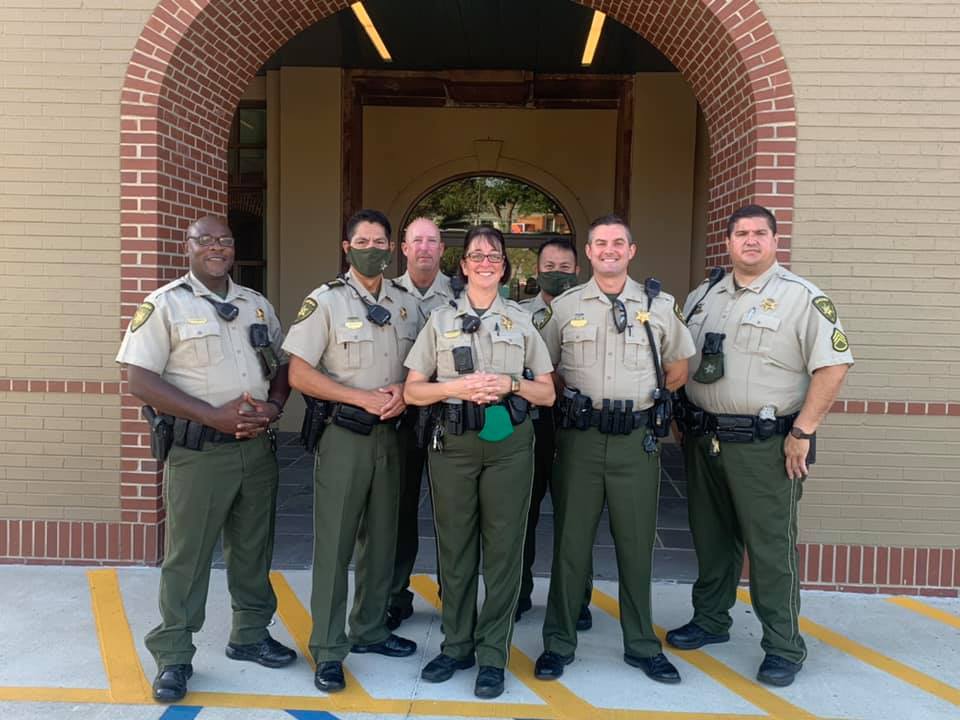
Sheriff Garber set up the Violent Offender’s Task Force which mobilized from January 5, 2022, until the end of September 2022 with the intent to disrupt, interrupt and displace violence before it occurs. A partnership of Lafayette City police officers and sheriff deputies were tasked with addressing gun violence, utilizing technology at a scope and level not seen before as the task force aimed to identify the relatively few individuals who cause a majority of violence in our community. Garber explained that “cracking down” on an entire community when you are trying to stem crime is a disparate way to treat the population you are trying to serve and protect. “98% of the violence is caused by a very few involved in the drug trade/quasi-gang activity where people are beefing with each other. So much damage has been mitigated but you can’t measure what you prevent.” Taking out certain bad actors has resulted in a decrease in violence and a tremendous amount of drugs and guns have been taken off the street. Garber commended the community for the support they have received which allowed them to effectively target gun crimes and remove illegal guns from the street without having to arrest people randomly.

There are many, many more programs administered by our Lafayette Parish Sheriff’s Office, including but not limited to a full-time SWAT team, Criminal Patrol Unit (CPU) which targets mid to upper-level drug trafficking through Lafayette Parish, partnership with Parish Proud, and the Acadiana Law Enforcement Training Academy (A.L.E.T.A.) which prepares peace officers to pass basic training tests needed to be fit for service.
For more information on all the services rendered by the Lafayette Parish Sheriff’s Office, visit https://lafayettesheriff.com/
